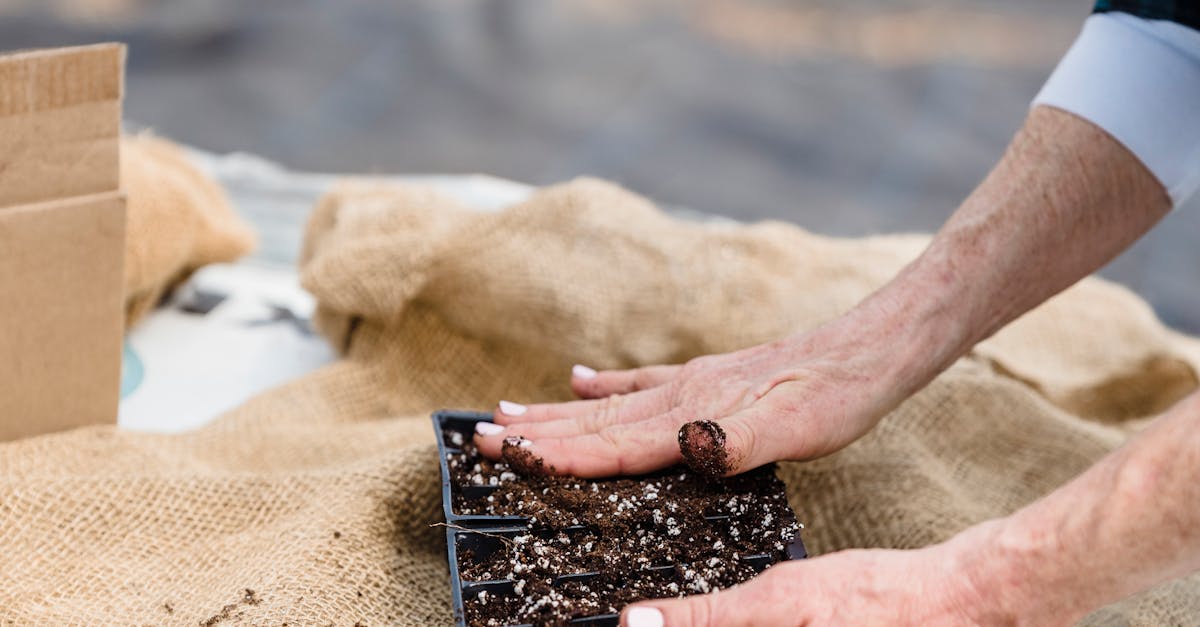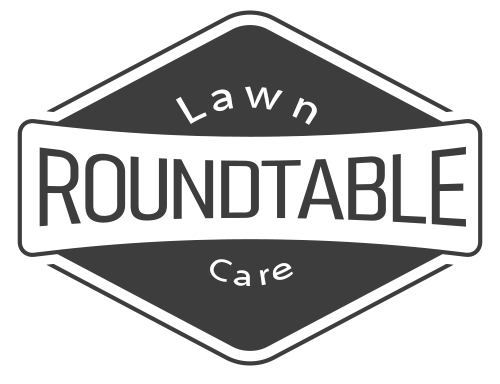Unveiling the Magic: A Journey into Organic Mulch and Its Transformative Power

Transform Your Garden: The Ultimate Guide to Organic Mulch
Are you ready to unlock the secrets of a thriving, sustainable, and breathtakingly beautiful garden? In this comprehensive guide, we’ll delve into the world of organic mulch, a natural solution that will transform your gardening experience and elevate your garden to new heights. Join us on this journey as we explore the types of mulch, discover their benefits, and master the art of applying and maintaining this garden superhero.
Imagine a garden where moisture is retained, weeds are suppressed, soil temperature is regulated, and fertility is enhanced, leading to healthier plants and bountiful harvests. This is the power of organic mulch, and we’re here to help you harness it for your garden’s success.
Get ready to embrace the simplicity and reap the rewards of organic mulch. Whether you’re a seasoned gardener or just starting your green-thumbed adventure, this guide will empower you with the knowledge and techniques to transform your garden into a vibrant and flourishing sanctuary.
Key Insights: Unlocking the Power of Organic Mulch
5 Key Points About Organic Mulch
-
Benefits Galore: Organic mulch conserves moisture, suppresses weeds, regulates soil temperature, and enhances fertility, leading to healthier plants and bountiful harvests.
-
Choose Wisely: Different types of mulch offer unique advantages. Bark mulch provides durability, compost mulch adds nutrients, straw mulch excels at weed suppression, and leaf mulch insulates and attracts beneficial insects.
-
Soil Preparation is Key: Before applying mulch, till the soil, add organic matter, and test pH to create optimal conditions for plant growth and mulch effectiveness.
-
Application Techniques Matter: Spread mulch evenly at a thickness of 2-3 inches, keeping it a few inches away from plant stems and extending it beyond the drip line for trees. Use thicker layers in raised beds.
-
Ongoing Maintenance: Replenish mulch annually, turn it occasionally, and address issues like pests or mold promptly to maintain its health and effectiveness.
1. Introduction: The Magic of Organic Mulch
Introduction: The Magic of Organic Mulch
Welcome to the world of organic mulch, where gardening dreams take flight and nature’s magic unfolds. In this realm, you’ll discover a natural ally that will transform your garden into a thriving paradise.
Organic mulch is a protective layer of materials, such as bark, compost, straw, or leaves, spread around plants to enhance their growth and overall health. It’s like a warm blanket for your soil, providing a wealth of benefits that will make your plants jump for joy.
By embracing organic mulch, you’re not only nurturing your garden but also contributing to sustainable gardening practices. Mulch helps conserve water, reducing the need for frequent watering and minimizing water waste. It also acts as a natural weed suppressant, eliminating the need for harsh chemicals and promoting a healthier environment for your plants and the ecosystem.
2. Choosing the Right Mulch for Your Needs
Choosing the Right Mulch for Your Needs
Now that you’ve discovered the wonders of organic mulch, let’s dive into the diverse types available and help you choose the ideal match for your gardening needs. From bark to compost, straw to leaves, each type offers unique properties and advantages.
-
Bark mulch: Made from shredded or chipped tree bark, bark mulch is a popular choice for its aesthetic appeal and durability. It decomposes slowly, providing long-lasting weed suppression and moisture retention.
-
Compost mulch: Rich in nutrients, compost mulch is a gardener’s goldmine. Created from decomposed organic matter, it not only improves soil fertility but also enhances water retention and aeration.
-
Straw mulch: Known for its affordability and weed-suppressing abilities, straw mulch is often used in vegetable gardens. It breaks down quickly, adding organic matter to the soil as it decomposes.
-
Leaf mulch: Free and easy to obtain, leaf mulch is an excellent insulator, providing warmth and protection during winter months. It also attracts beneficial insects to your garden.
3. Preparing Your Soil: A Foundation for Success
Preparing Your Soil: A Foundation for Success
Before you spread that beautiful mulch, it’s crucial to prepare your soil, the foundation of your thriving garden. Just like building a house, a solid foundation is key to the success and longevity of your plants.
Tilling your soil helps break up any compaction, allowing for better root penetration and drainage. Adding organic matter, such as compost or manure, enriches the soil, providing essential nutrients for your plants. Remember, healthy soil means happy plants!
Testing your soil’s pH level is also important. Different plants prefer different pH ranges, so knowing your soil’s pH will help you choose the right mulch and ensure optimal growing conditions for your garden.
4. Mastering Mulch Application Techniques
Mastering Mulch Application Techniques
Now comes the fun part: applying the mulch! But before you grab a handful and start spreading it willy-nilly, there are a few techniques to master for maximum benefits.
Start by determining the ideal thickness. A 2- to 3-inch layer is generally recommended, striking a balance between moisture retention, weed suppression, and aeration. Spread the mulch evenly, avoiding piles or gaps. Around plants, keep the mulch a few inches away from the stems to prevent rot.
When mulching around trees, create a wider circle, extending beyond the drip line (the area where the outermost leaves grow). For raised beds, apply a thicker layer of mulch to help retain moisture and suppress weeds.
5. The Power of Mulch: Unlocking Its Benefits
The Power of Mulch: Unlocking Its Benefits
Prepare to witness the transformative power of organic mulch as it weaves its magic in your garden. This unsung hero plays a crucial role in creating a thriving ecosystem for your plants to flourish.
Mulch acts as a moisture guardian, reducing evaporation and ensuring your plants stay hydrated, especially during hot and dry spells. It also dons the mighty cape of a weed suppressor, blocking sunlight and making it difficult for those pesky weeds to sprout and steal nutrients from your precious plants.
But mulch’s superpowers don’t end there! It’s a natural insulator, regulating soil temperature and protecting plant roots from extreme heat or cold. Plus, as mulch decomposes, it releases a steady supply of nutrients, feeding your plants and enhancing the overall fertility of your soil.
6. Maintenance and Considerations: Keeping Your Mulch Healthy
Maintenance and Considerations: Keeping Your Mulch Healthy
Maintaining the health of your mulch is crucial to ensure it continues to benefit your garden. Just like a loyal companion, mulch needs a little TLC to stay in top shape.
As mulch decomposes over time, it becomes thinner and less effective. Replenishing it regularly, about once a year, is key to maintaining its protective layer and ensuring optimal moisture retention and weed suppression. Turning your mulch occasionally helps aerate it and promotes even decomposition.
Keep a watchful eye on your mulch for any potential issues. Pests, such as slugs or snails, may find the moist environment under the mulch inviting. Address these uninvited guests promptly to prevent damage to your plants. Mold growth can also occur if the mulch is too wet or thick. Adjust the thickness and improve drainage to discourage mold.
7. Embrace the Simplicity, Reap the Rewards
Embrace the Simplicity, Reap the Rewards
Embracing organic mulch is like giving your garden a warm hug, providing it with the nourishment and protection it needs to thrive. And the best part? It’s incredibly easy to use and accessible to all gardeners, regardless of their experience level.
So, dear gardeners, spread the love! Transform your garden into a vibrant and flourishing paradise with the power of organic mulch. Reap the rewards of healthier plants, bountiful harvests, and a sustainable and beautiful outdoor haven. Join the mulch revolution and witness the magic unfold in your own backyard.
Q: How often should I apply mulch to my garden?
A: Replenish mulch annually, or more frequently if it decomposes quickly or is disturbed.
Q: Is it okay to use different types of mulch in my garden?
A: Yes, you can mix different types of mulch to combine their benefits, but avoid mixing materials that decompose at vastly different rates.
Q: What should I do if I notice pests or mold in my mulch?
A: Address pests promptly to prevent plant damage. Adjust mulch thickness and improve drainage to discourage mold growth.
Q: Can I use grass clippings as mulch?
A: Yes, grass clippings can be used as mulch, but apply them in thin layers to prevent matting and allow for proper decomposition.
Q: How thick should the layer of mulch be?
A: Aim for a 2- to 3-inch layer of mulch, providing a balance of moisture retention, weed suppression, and aeration.
Table of Key Insights: A Quick Guide to Organic Mulch Mastery
| Key Insight | Description | |—|—| | Organic Mulch: A Garden Superhero | Unleash the transformative power of organic mulch to create a thriving, sustainable, and beautiful garden. |
| Benefits of Mulch | Organic mulch conserves moisture, suppresses weeds, regulates soil temperature, and enhances fertility, leading to healthier plants and bountiful harvests. |
| Choosing the Right Mulch | Select the ideal mulch for your needs based on its unique properties and advantages. Bark mulch provides durability, compost mulch adds nutrients, straw mulch excels at weed suppression, and leaf mulch insulates and attracts beneficial insects. |
| Proper Application Techniques | Master the art of mulch application, including determining the right thickness, spreading evenly, and avoiding common mistakes. |
| Ongoing Maintenance | Keep your mulch healthy and effective through regular replenishment, turning, and addressing potential issues like pests or mold. |
| Sustainability and Accessibility | Embrace organic mulch as an eco-friendly and budget-friendly solution for a thriving garden. |
